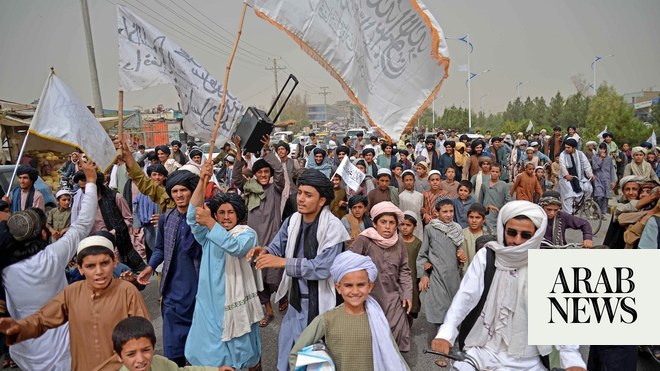
The massacre remains the deadliest day in the rebellion by Malay-Muslims
No members of the Thai security forces have been prosecuted over the incident
TAK BAI, Thailand: Muslims in the conflict-blistered Thai south on Friday marked with prayers the 15th anniversary of the deaths of scores of protesters who suffocated in army trucks, an incident that galvanized an insurgency and remains an emblem of state impunity.
Known across the south as the “Tak Bai massacre,” the October 25, 2004 incident remains the deadliest day in the rebellion by Malay-Muslims against rule by the Thai state, which colonized the southern provinces bordering Malaysia over a century ago.
Seventy-eight people died from suffocation after they were arrested and stacked face down and hands bound behind their backs on top of each other in Thai military trucks.
Seven more were shot dead as security forces used live rounds on a large crowd of protesters who had gathered outside a police station calling for the release of several detainees.
Since then more than 7,000 people — the majority civilians, both Muslim and Buddhist — have died in near-daily shootings, ambushes and bomb blasts as rebels fight for greater autonomy from Thailand.
Despite the high death toll, the highly localized unrest garners few international headlines.
No members of the Thai security forces have been prosecuted over the Tak Bai incident, despite a government inquiry condemning the actions of security forces on the day.
Instead, Tak Bai has become synonymous with the lack of accountability in a region governed by emergency laws and flooded with army and police units — and a powerful recruiting tool for the insurgency.
“Tak Bai was a massacre and a great tragedy. However, after 15 years of armed conflict, no government officials have been charged,” Pornpen Khongkachonkiet, director of the Cross Cultural Foundation (CrCF) which works extensively on rights in the so-called “deep south,” told AFP.
“That has proved impunity in the Thai judicial system is the greater tragedy.”
Years of peace talks between the Thai state and a collage of rebel groups have fizzled and mistrust runs deep on both sides.
Malay Muslims, who have their own language and whose culture is distinct to that of Buddhist-majority Thailand, accuse security forces of routine abuses including prolonged and arbitrary detention without charge as well as extrajudicial killings.
The Thai side blames ruthless rebel cells for driving the tit-for-tat violence, which has seen scores of teachers killed as symbols of the state influence as well as bomb attacks on military patrols and raids on checkpoints.
The rebels, who operate in secretive local cells, have rarely taken their fight outside the “deep south” border zone.
But they are suspected of involvement in a series of small, symbolic bombs in Bangkok in August during Thailand’s h
osting of Southeast Asian leaders at the ASEAN summit.












